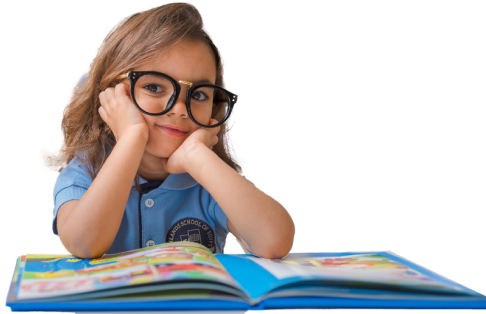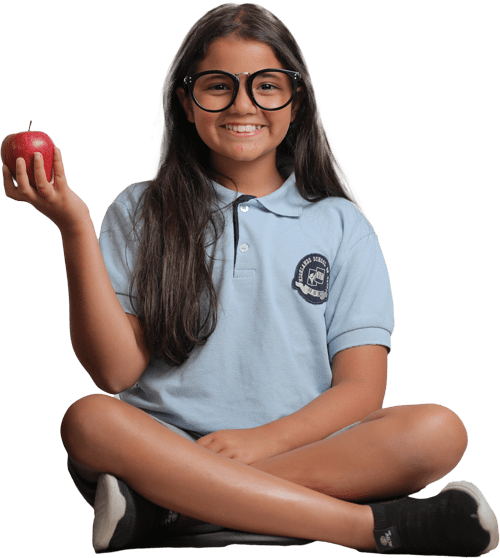Early Years Foundation Stage
Our aim is to maximise children’s learning throughout the Foundation Stage through well planned play, both indoors and outdoors with effective adult support.
Our Objectives are to help Children Learn:
Through talk, investigation, observation, and interaction with adults and peers.
Through the encouragement of independent learning.
Through the organization of resources in a stimulating way to encourage independence, self-help, and a sense of ownership.
From each other.
Through movement and using all their senses.
Through having time to explore their ideas and interests.
Through feeling secure enough to become confident learners.
Through creative and imaginative play activities that promote the development and use of language.
Through play to:
Make sense of the world.
Practice and build up ideas, concepts, and skills.
Learn how to control impulses and see the need for rules.
Be alone, alongside others, or cooperate as they talk or rehearse their feelings.
Take risks and make mistakes.
Think creatively and imaginatively.
Communicate with others as they investigate or solve problems.
Express fears or relive anxious experiences in a controlled and safe situation.
Principles of Good Early Years Practice
Holistic approach to child development
To provide equal opportunities to learn through equal access to a broad-based curriculum
To ensure each child fulfills their potential through effective use of monitoring
Valuing each child’s individual experiences, skills, and interests
Promotion of an accepting and supportive learning environment to ensure children feel included, secure, and valued
Development of an affiliative approach and positive relationships with parents to facilitate our objectives
Deployment of purposeful play-based activities and appropriate intervention by adults in order to engage children in the learning process
The Early Years Foundation Stage (EYFS) applies to children from birth to the end of the reception year.
The EYFS is Based upon Four Promcoples:
A Unique Child
Positive Relationships
Enabling Environments
Learning and Development
The 7 Areas of Learning and Development
Children Should Mostly Develop the 3 Prime Areas First. These are:
Communication and Language
Physical Development
Personal, Social, and Emotional Development
These prime areas are those most essential for your child’s healthy development and future learning. As children grow, the prime areas will help them to develop skills in 4 specific areas. These are:
Literacy
Mathematics
Understanding the World
Expressive Arts and Design
Children in the EYFS learn by playing and exploring, being active and through creative and critical thinking which takes place both indoors and outside.
The Early Years Foundation Stage (EYFS) framework supports an integrated approach to early learning and care. It gives all professionals a set of common principles and commitments to deliver quality early education and childcare experiences to all children.
Assessments
Assessments at HSE are a daily, continuing process in which students and teachers observe, document, measure, and report on their individual learning journey. It is not a one-time event that occurs before or after a lesson or unit, but rather it is continuously incorporated into the learning process at all levels.
Differentiation
At HSE we believe that every student is unique and special. That is why we always make a concerted effort to understand students’ past knowledge, strengths, weaknesses and skill levels in order to maximise each student’s potential. Our differentiation method of teaching enables students with a variety of academic requirements and learning styles to master the same challenging academic content. We provide interconnected activities based on student needs in order to ensure that all students have a consistent understanding of a skill or concept. Our differentiation method enables students to exhibit their knowledge in a range of ways
School Hours
Bell Schedule
Pre-FS l and FS1:
Time | Description | Duration |
|---|---|---|
7:50-8:00 |
Saluting the Flag |
10 min |
8:00-8:20 |
Breakfast |
20 min |
8:20- 8:40 |
Circle time Lesson 1 |
40 min |
8:40-9:20 |
Lesson 2 |
40 min |
9:20-10:00 |
Lesson 3 |
40 min |
10:00-10:20 |
1st Break |
20 min |
10:20-10:40 |
snack |
20 min |
10:40-11:20 |
Lesson 4 |
40 min |
11:20-12:00 |
Lesson 5 |
40 min |
12:00-12:20 |
2nd Break |
20 min |
12:20-12:40 |
Lunch |
20 min |
12:40-1:20 |
Lesson 6 |
40 min |
1:20-2:00 |
Lesson 7 |
40 min |
2:00-2:40 |
Lesson 8 |
40 min |
2:40-2:45 |
Wrap up time |
5 min |
FS2
Time | Description | Duration |
|---|---|---|
7:50-8:00 |
Saluting the Flag |
10 min |
8:00-8:20 |
Breakfast |
20 min |
8:20- 8:40 |
Circle time Lesson 1 |
40 min |
8:40-9:20 |
Lesson 2 |
40 min |
9:20-10:00 |
Lesson 3 |
40 min |
10:00-10:20 |
snack |
40 min |
10:20-10:40 |
1st Break |
20 min |
10:40-11:20 |
Lesson 4 |
40 min |
11:20-12:00 |
Lesson 5 |
40 min |
12:00-12:20 |
2nd Break |
20 min |
12:20-12:40 |
Lunch |
20 min |
12:40-1:20 |
Lesson 6 |
40 min |
1:20-2:00 |
Lesson 7 |
40 min |
2:00-2:40 |
Lesson 8 |
40 min |
2:40-2:45 |
Wrap up time |
5 min |










